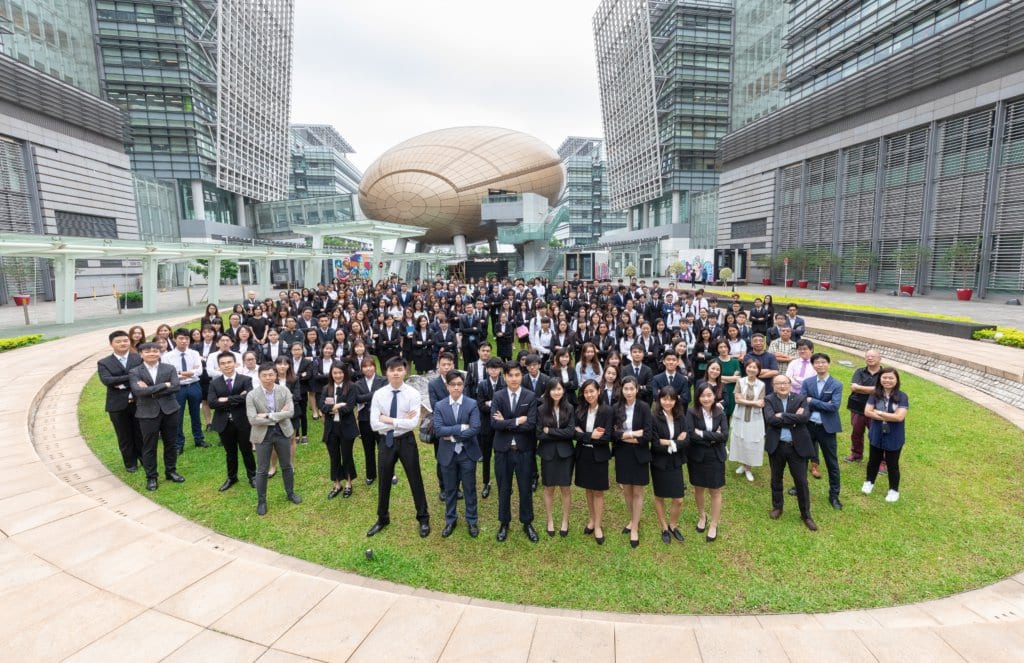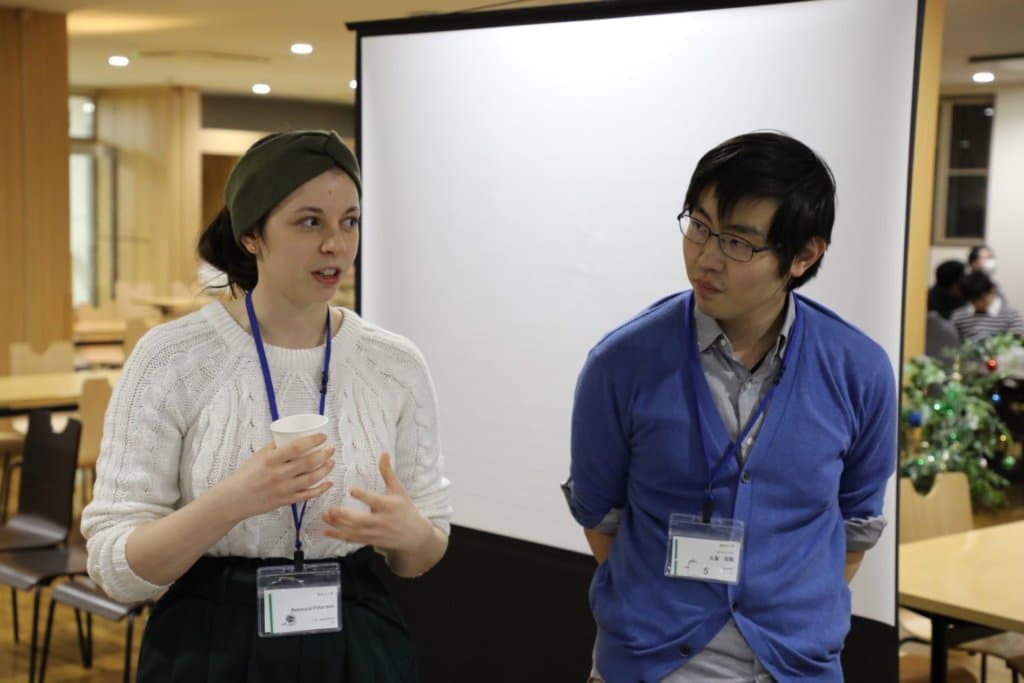
Competition is rife among business graduates today. Globalisation has created not only increased interconnectivity but also opened the recruiting pool beyond national borders. Graduates aren’t just competing with other talents at home, but from everywhere else as well. Pair this with more technology making remote talent accessible to recruiters, and it’s safe to say aspiring C-suite leaders need a degree and set of skills that stand out even more.
While the “business school” concept has existed for decades, they are now constantly evolving and re-inventing their curricula to adapt to this reality. Such changes can better prepare and equip modern business students with the right set of skills and knowledge. Think of initiatives and concentrations that focus on environmental, social and governance considerations (also known as ESG), the power of data, and the rise of identity politics.
Here are four universities in Asia shaping students into 21st century business leaders:
Lee Shau Kee School of Business and Administration,
Hong Kong Metropolitan University (HKMU), Hong Kong

Lee Shau Kee School of Business and Administration aims to nurture graduates who can lead and bring positive change to our metropolitan future. Source: Hong Kong Metropolitan University
As part of Hong Kong Metropolitan University, Lee Shau Kee School of Business and Administration (MUBA) is committed to its vision to instigate positive impact on not just the business community, but beyond that, our metropolitan future. The school’s expansive programme portfolio — consisting of over 50 programmes at undergraduate and postgraduate levels — balances both students’ career aspirations as well as society’s talent needs, and is widely recognised by local and international professional bodies.
MUBA strongly believes that for students to become truly future-ready, they need the creativity, service leadership qualities, sustainability mindset, and global perspectives to drive change for the better. These are the core competencies the school strives to instil within its students through its unique curriculum, which not only underpins entrepreneurship and responsible business education, but also prioritises co-curricular and experiential learning opportunities.
Leveraging its network with employers from various professions and sectors, MUBA provides a wide range of internship and service learning opportunities for students to apply what they learn in the classroom, gain meaningful work experience, and enhance their career prospects. Beyond that, students of MUBA also get to attend top-drawer leadership training courses for executives from the world-renowned Dale Carnegie Training® and take expert-led online courses on LinkedIn Learning.
Another distinct feature of MUBA’s programme curriculum is its flagship Global Immersion Programme (GIP). Through its range of carefully curated activities and learning events, GIP aims to expand students’ international perspectives and prepare them for challenges of the dynamic global workplace. In particular, all full-time students will go on an oversea study tour during their study, which deepens their knowledge of and appreciation for a different culture and enhances their understanding of international business operations and strategies. To learn more about MUBA, visit the school’s website here.
NUS Business School, Singapore

NUS Business School has an illustrious reputation in its world class faculty, making it a top choice for business students. Source: NUS Business School/Facebook
Founded the same year Singapore gained its independence, The NUS Business School has an illustrious reputation in its world class faculty, coming in #1 according to the 2022 World University Rankings Asia.
On top of that, NUS Business School is endorsed with multiple accreditations – AACSB and EQUIS, under its belt and meets the highest standards of business education. That’s among the reasons why students choose to receive a highly rewarding business education at NUS Business School.
To expose students to an international learning approach, NUS Overseas Colleges (NOC) introduced an internship programme that sends students to over 15 leading entrepreneurial hotspots across the globe to experience life at start-ups around the world. Students are given the flexibility to either spend a full year or half year with the programme.
University Putra Malaysia (UPM), Malaysia

Putra Business School is the first Malaysian postgraduate business school under University Putra Malaysia (UPM), that was awarded the AAACS accreditation. Source: Putra Business School/Facebook
Putra Business School is the first Malaysian postgraduate business school under University Putra Malaysia (UPM), that was awarded the AAACS accreditation, making it stand out from its other competitors.
Located in Serdang, Selangor, UPM emphasises and commits to this progressive philosophy in championing human governance as an internal guiding light. They believe the key for business leaders to prosper and serve society is to first uphold strong ethical values and deep-rooted morality. This unique approach is implemented in its curriculum, focusing on ethical conduct through a values and principles-based framework in its curriculum.
The Putra Business School offers multiple programmes ranging from an MBA (Open and Distance Learning), MSc to a PhD, which caters to different student needs. A noteworthy part of their programmes are the exchange programmes that apply to both inbound and outbound students. What’s impressive is the extended list of host countries to some of the world’s leading business institutions.
Kyoto University, Japan

As a university open to the world, Kyoto University engages with partners in the international community through diverse and vibrant networks founded on multicultural understanding. Source: Kyoto University/Facebook
Based in Japan’s cultural heartland, Kyoto is home to 17 UNESCO World Heritage Sites. Filled with new discoveries and endless inspiration, students will come to love the vibrant backdrop of this city which also ranks #17 as the most livable city in the world.
Considered to be the country’s #1 student city, Kyoto University has produced award-winning research and is testified by its accolades in both past and present.
As a university open to the world, Kyoto University engages with partners in the international community through diverse and vibrant networks founded on multicultural understanding. The university directs its progressive efforts into internationalisation that will bring to life its vision of a sustainable future for global society and for their own students to also contribute to the global community.
*Some of the institutions featured on this article are commercial partners of Study International









